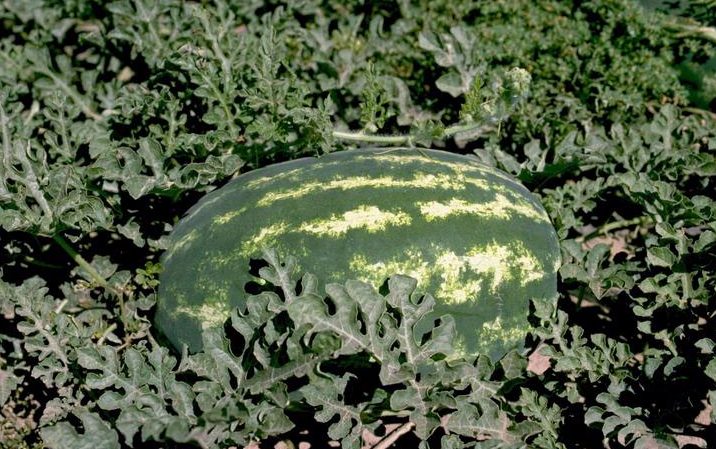Tips for commercial watermelon production

Image of watermelon courtesy of Vegetable Growers News
Alabama Cooperative Extension shares information including recommendations for site selection, disease management, spacing, light needs, and choosing disease resistant varieties of watermelon.
